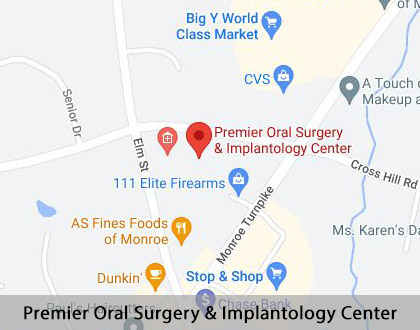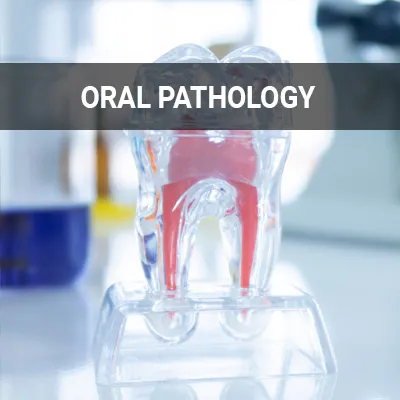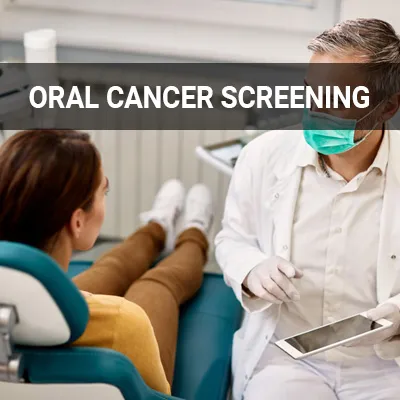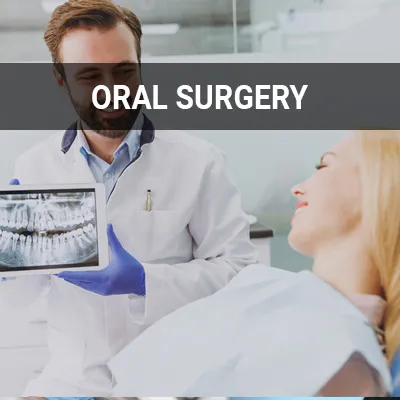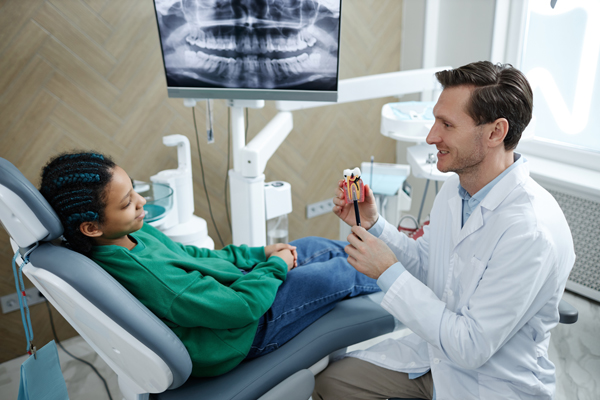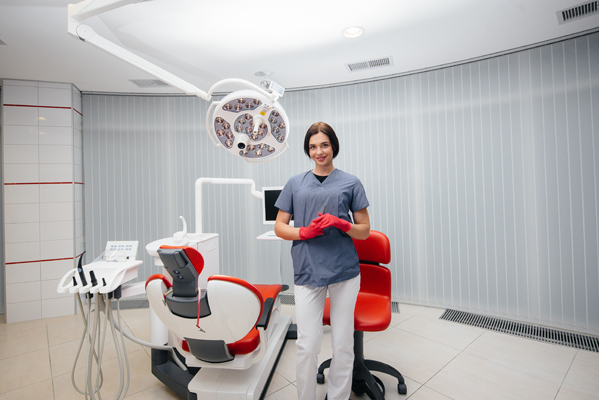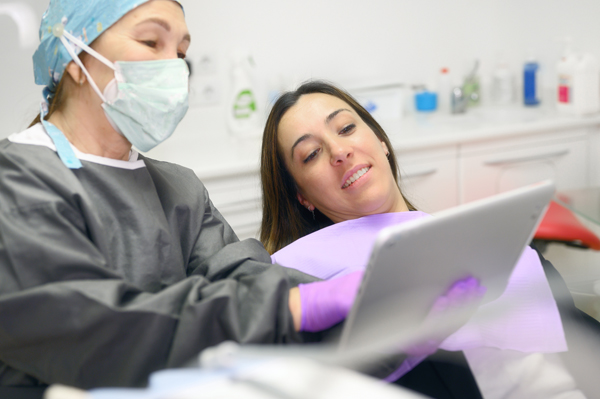Why Are My Gums Bleeding Monroe, CT
Bleeding gums are more complicated than a cosmetic nuisance. Oral bleeding may be a sign of infection or gum disease. These conditions may lead to tooth loss or health complications. Bleeding gums can have a variety of causes, and patients may need specialized treatment to protect their teeth and oral health. Fortunately, an oral surgeon can help treat gum disease and other conditions that lead to bleeding gums.
Premier Oral Surgery & Implantology Center offers bleeding gum treatment in Monroe and the surrounding area. Along with oral surgery procedures, our team diagnoses and treats gum disease at its source. We also offer support and advice for patients with underlying bleeding disorders. Call us at (475) 474-6204 to learn more or to schedule a consultation.
Diseases Linked to Bleeding Gums
Oral bleeding is an early warning sign of gum disease. Mild gum disease, known as gingivitis, can cause red or swollen gums. Patients may notice bleeding when they brush or floss their teeth.
If the patient does not receive treatment, gingivitis may progress into periodontitis. This advanced form of gum disease can result in gum receding and tooth loss. Patients may also struggle with bad breath or a foul taste in their mouth.
Other conditions can also cause gum problems. A patient may develop oral bleeding if they have the following conditions:
- Vitamin or mineral deficiencies
- Bleeding disorders
- Bruxism (tooth grinding)
Some prescription medications like blood thinners may also increase a patient's risk of oral bleeding. Our oral surgeon can provide more information about medication side effects.
“Oral bleeding is an early warning sign of gum disease.”
Oral Cuts and Mouth Injuries
Patients may develop bleeding gums after an oral injury. If the patient has braces, they might be at a higher risk of bleeding after an injury. During an accident, braces can cause oral sores or lacerations.
Patients who play sports should ask an oral surgeon on how to prevent mouth injuries. If possible, patients should avoid activities that may result in facial injury. However, if a head or face injury occurs, patients should seek medical help as soon as possible. Prompt treatment can help prevent severe bleeding or oral infection. In addition, wearing a mouthguard can help protect teeth and oral appliances.
“During an accident, braces can cause oral sores or lacerations.”
Lifestyle Factors That May Cause Oral Bleeding
Tobacco use increases a person's risk of gum disease and bleeding. Patients who use tobacco should make every effort to quit. A smoking cessation program can help protect against tooth loss and gum recession. It can also reduce the patient's risk of oral and esophageal cancer. Sometimes, a poor diet can trigger oral bleeding. Patients who do not receive enough key nutrients may develop sore or inflamed gums. Patients who are concerned about their diet should speak to a medical provider. The medical team may recommend dietary changes or nutritional supplements.
Pregnancy often causes oral changes, including gum inflammation. Patients should plan to receive at least two dental exams during their pregnancy. During each exam, our oral surgeon can look for signs of gum disease. They can also provide treatment if the patient later develops bleeding or infected gums.
“Patients should plan to receive at least two dental exams during their pregnancy.”
Check out what others are saying about our dental services on Yelp: Why Are My Gums Bleeding in Monroe, CT
Treatment for Bleeding Gums
Patients with bleeding gums may need to undergo a procedure at our oral surgeon’s office. During treatment, the oral surgeon clears plaque and tartar below the gum line. Then they provide an antiseptic rinse and other treatments to help gums reattach to the teeth. This process can help combat advanced forms of gum disease.
Routine oral hygiene is the most effective defense against gum disease. Adults and children should brush twice per day and floss once per day. Patients should also avoid sugary, sticky foods. These foods can trap bacteria against the gum line and increase the risk of gum disease.
Patients may need special care if they play sports or grind their teeth. Mouthguards can help prevent dental damage, including gum inflammation. Our team can help patients explore their options for custom-fitted mouthguards. We also provide individualized guidance about avoiding oral injuries.
“During treatment, the oral surgery team clears plaque and tartar below the gum line.”
Questions Answered on This Page
Q. What diseases or conditions can cause bleeding gums?
Q. What kind of injuries can cause oral bleeding?
Q. What other factors can cause gum bleeding?
Q. How are bleeding gums treated?
Q. What can I do at home to prevent bleeding gums?
People Also Ask
Q. What is an oral cancer screening? Why is an oral cancer screening done?
Q. Why do patients need oral surgery?
At Home Care and Prevention
During each visit, our team provides advice about brushing and flossing. We demonstrate the correct techniques for at-home oral healthcare. Patients should always opt for a soft-bristled toothbrush and work in gentle circular motions. Focus on brushing the gums, and avoid rough scrubbing. After brushing, rinse the mouth thoroughly.
The oral surgeon may recommend a prescription toothpaste or mouthwash if the patient has sore or inflamed gums. These products may help disinfect the mouth and speed up healing. Some patients may also benefit from using a water flosser. These tools gently remove debris from small crevices within the mouth.
“If the patient has sore or inflamed gums, we may recommend a prescription toothpaste or mouthwash.”
Frequently Asked Questions about Bleeding Gums
Q. What causes gum bleeding?
A. Most often, bleeding gums are a sign of gum disease. However, some patients may also develop bleeding gums due to prescription drugs or other chronic health conditions. Pregnancy and smoking may also increase a person's risk of gum problems.
Q. What causes gum disease?
A. Poor oral hygiene can trigger gum disease. Plaque and tartar can build up on the tooth's surface and trap bacteria against the gum line. A thorough routine cleaning can help resolve the problem. Tobacco use also increases a person's risk of gum disease. Pregnant patients and patients with diabetes may also be at risk of gum problems. Talk to our oral surgeon and team to learn more about your risk factors for bleeding gums.
Q. What are the health risks of untreated gum disease?
A. Patients with chronic gum disease are at a higher risk for oral infections and tooth loss. Without treatment, bacteria in the mouth may spread to the heart, brain, or other organs. Some studies suggest that inflamed gums increase a person's risk for heart attack, stroke, and dementia.
Q. How are bleeding gums treated?
A. An oral health professional may begin with an in-depth cleaning. They remove any plaque and tartar below the gum line to eliminate the source of infection. They may also contour the surface of the tooth to prevent the issue from recurring. Our team will also help guide you on proper brushing and flossing techniques to help improve your oral hygiene habits and stop your gums from bleeding.
Q. How can I prevent gum disease?
A. Consistent oral hygiene habits are essential for healthy gums. You should brush your teeth daily and floss once a day. Use a soft-bristled toothbrush and work in gentle circular motions. When you floss, curve the floss around the tooth surface to remove plaque. Then rinse your mouth to remove any remaining debris/
Start Feeling Better – Visit Us Today
By visiting us as soon as possible, our team can help get you the professional treatment you need. Instead of waiting around and allowing the symptoms to get worse, we can provide you with treatment options.
Learn More About Gum Disease
Most forms of gum disease are treatable. However, patients should not delay seeking care as bleeding gums can indicate an underlying issue. If you have sore or inflamed gums, contact Premier Oral Surgery & Implantology Center for an evaluation at your earliest convenience. Our oral surgeon and team can provide treatment that can help prevent complications like tooth loss or widespread infection. Call us at (475) 474-6204 to schedule an appointment.
Helpful Related Links
- American Dental Association (ADA). Glossary of Dental Clinical Terms. 2023
- American Academy of Cosmetic Dentistry® (AACD). Home Page. 2023
- American Academy of Maxillofacial Prosthetics. American Academy of Maxillofacial Prosthetics. 2023
- American Association of Oral and Maxillofacial Surgeons. American Association of Oral and Maxillofacial Surgeons. 2023
- American College of Oral and Maxillofacial Surgery. American College of Oral and Maxillofacial Surgery. 2023
- National Cancer Institute (NCI). National Cancer Institute (NCI). 2023
- WebMD. WebMD’s Oral Care Guide. 2023
About our business and website security
- Premier Oral Surgery & Implantology Center was established in 2019.
- We accept the following payment methods: American Express, Cash, Discover, MasterCard, and Visa
- We serve patients from the following counties: Fairfield County
- We serve patients from the following cities: Monroe, Botsford, Stepney, Shelton, Trumbull, Ansonia, Derby, Oxford, Woodbridge, Newtown, and Redding
- Norton Safe Web. View Details
- Trend Micro Site Safety Center. View Details
Back to top of Why Are My Gums Bleeding

